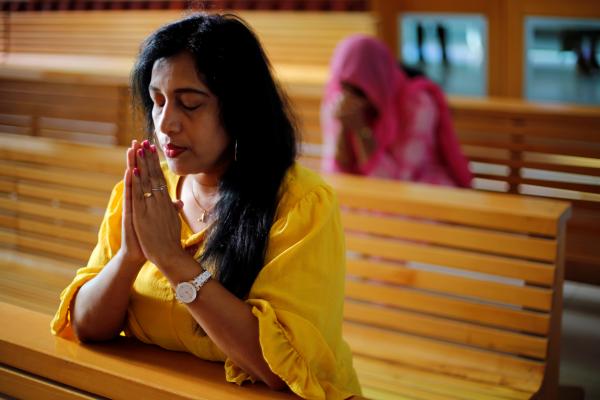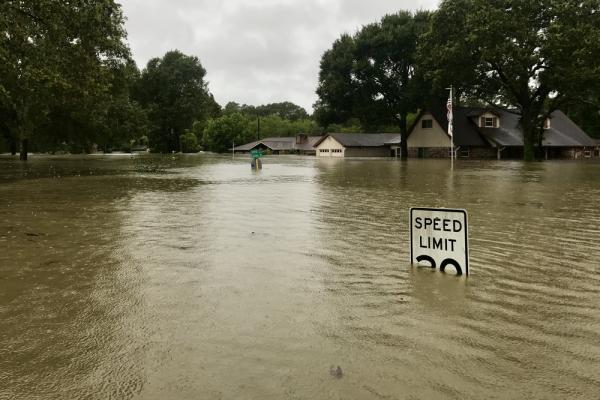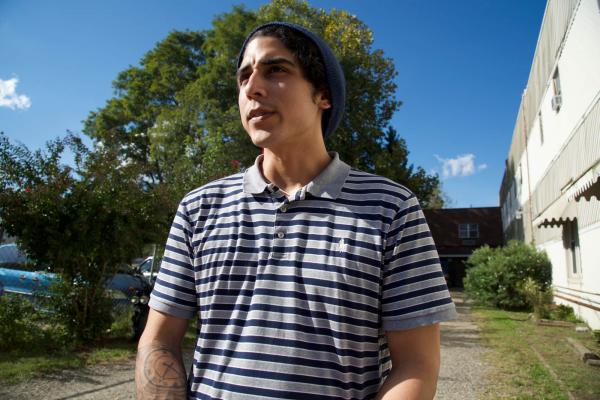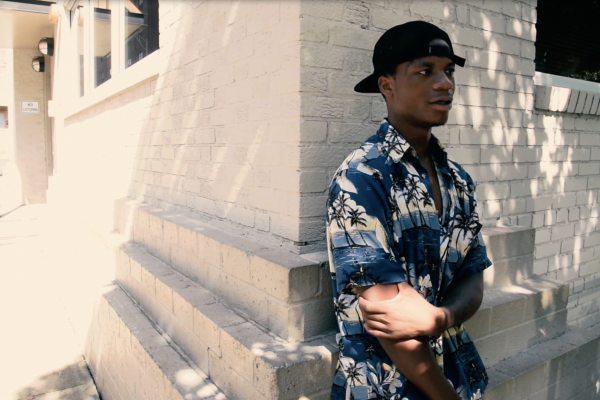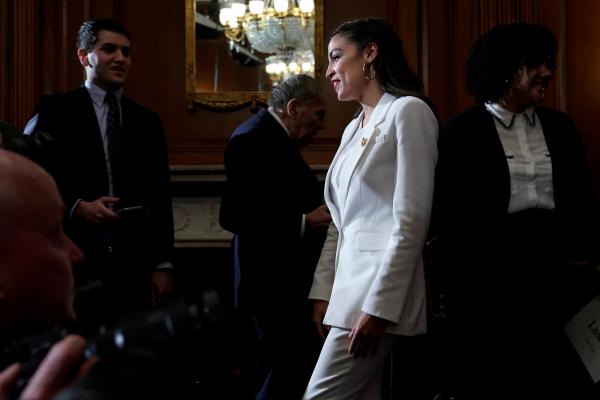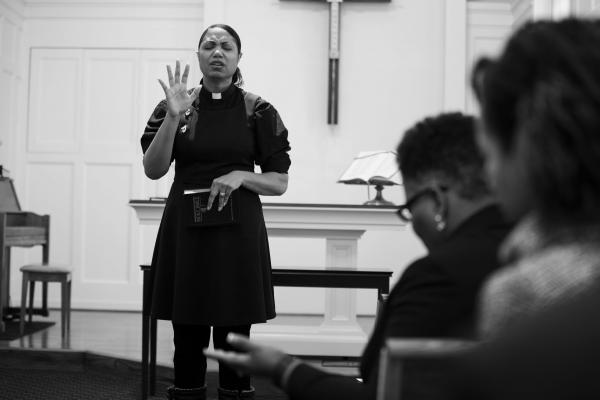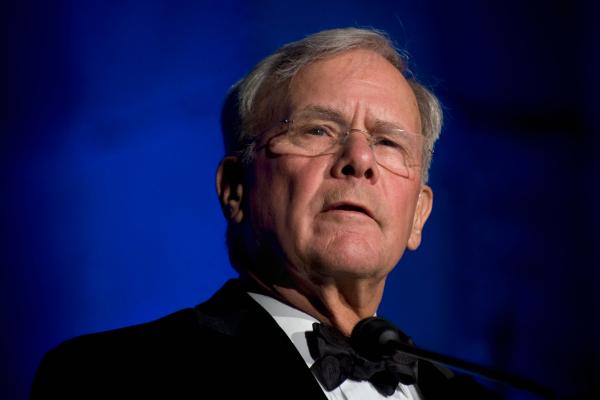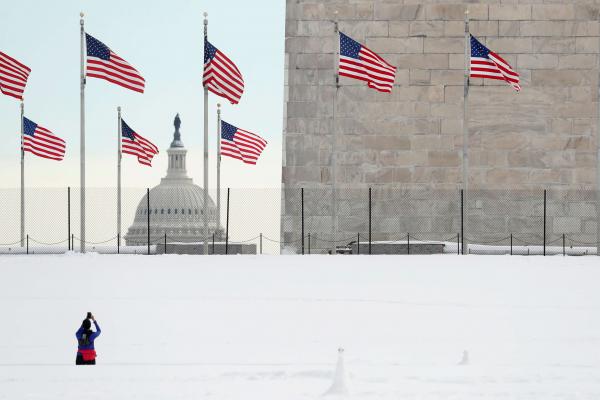Polar vortex, global warming, assimilation, Kirk Franklin, women leading churches, Democratic Socialism’s biblical values, and more!
Pope Francis is hoping to persuade a country enmeshed in a regional war that he has condemned to give Catholics more freedom when he becomes the first pontiff to set foot on the Arabian Peninsula.
The National Climate Assessment, jointly released by 13 federal agencies in November, affirmed this risk, noting that across all climate risks, “low-income communities, some communities of color, and those experiencing discrimination are disproportionately affected by extreme weather and climate events, partially because they are often excluded in planning processes.”
As thousands of tourists fawn each year over the opulent trappings of western North Carolina’s Biltmore Estates — a four football-field-sized homage to America’s Gilded Age — one of the starkest examples of the nation’s homeless problem endures less than a mile away.
Keiston Davis regained his life when he almost lost it. Davis was homeless and sleeping in his car in a parking lot of a Charlotte Walmart one night in January 2016 when a group of young men approached the car and ordered him to get out. He was shot in the face as he exited his car. The would-be robbers fled.
Virtually from the day she assumed office, Rep. Alexandria Ocasio-Cortez (D-N.Y.) and her avowed democratic socialism have been under attack. Much of the condemnation is from the same crowd that so vigorously insists that America is and always has been a “Christian nation.” This is quite ironic, because democratic socialism and the Bible share a strikingly similar vision of what constitutes a fair and just society. Capitalism, however, does not share that vision.
I spent the first 18 years of my life blissfully assuming all Protestant churches allowed women to preach. At my home church, a tiny Presbyterian (USA) congregation in San Antonio, women spoke from the pulpit as often as they brought lukewarm casseroles to Sunday potluck. But when I left home for college, another first-year ambushed me in the dorm kitchen with his mouth full of 1 Timothy, bursting my egalitarian bubble. While I have since memorized the scriptural justifications for my equal existence and participation in the church, a new study by Church Clarity reveals that I am still far from living in a world where all Protestant churches allow women to lead.
When my white wife held her baby boy and girl to her chest for the first time, she cried. Falling from her cheeks onto their heads, her tears baptized them into a world that was confused and colliding and in desperate need of grace.
But she did not cry because she had brown babies.
To our readers,
As I’ve led our online coverage over the past seven years, I’ve constantly sought better and more efficient ways of connecting with you and hearing what you have to say in response to our reporting and commentary. I’m so grateful for the time you take to engage in the conversations we prompt, and you regularly provide our editors with encouragement, story ideas, and much-needed diversity of opinion.
Thanks be to God! For all the government workers and their families who will, hopefully, soon get their deeply deserved paychecks, we give thanks. For those of us who are constantly on the look out for what’s next on the breaking news horizon, this is a good place to start today: giving thanks to God. Let us first be thankful, then ask what is next.
